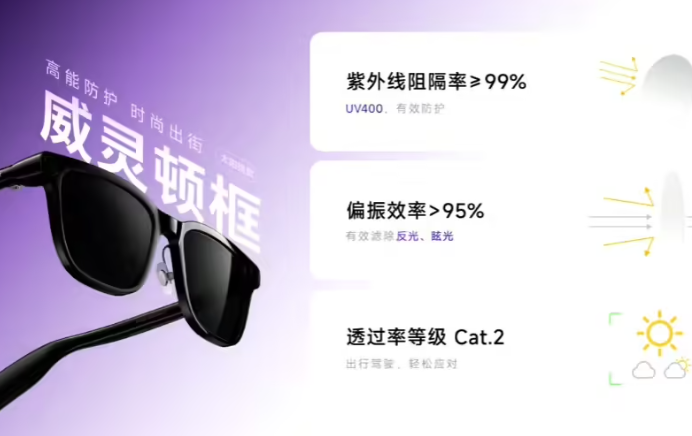The U.S. Copyright Office, in its first report on how artificial intelligence impacts its field, has called for urgent new legislation to define and combat AI-driven deepfake technology. In the report, Copyright Office Director Shira Perlmutter highlighted that the distribution of unauthorized digital replicas poses a serious threat not only in the entertainment and political sectors but also risks the reputation and livelihood of ordinary citizens.

The report focuses on the connection between AI and intellectual property rights, particularly the rights concerning personal identity control. While we do not need to apply for copyright to prevent advertisers from using our images, it remains to be debated whether the same applies to AI replicas.
In the past, creating a "digital replica" of a person required significant time and effort, so this phenomenon was usually limited to politicians and celebrities. However, now, through some videos and social media posts, almost anyone can easily and inexpensively create a realistic virtual version, opening up new possibilities for abuse, as noted by the FCC and other federal agencies in their respective fields.
The Copyright Office has made several recommendations in the report that could aid Congress in addressing this issue. For example:
Liability should arise from the distribution or provision of unauthorized digital replicas, not just from the act of creation itself. It should not be limited to commercial uses, as the harm caused is often personal in nature.
Protection should last at least a lifetime. Any posthumous protection should be limited in duration, and if an individual's image continues to be exploited, an extension might be chosen.
Regulations should include a safe harbor mechanism to encourage online service providers to remove unauthorized digital replicas upon receiving valid notice or otherwise becoming aware that they are unauthorized.
Given existing state publicity rights and privacy rights, the Copyright Office does not recommend a comprehensive federal takeover. Federal law should provide a basis for consistent nationwide protection, while states should continue to be able to offer additional protections.
The report notes that the speed, precision, and scale of AI-created digital replicas require swift federal action. The Copyright Office's recommendations provide crucial details for the drafters of new "digital replica" laws, particularly for a legally defensible law.
As AI technology advances rapidly, the legal and ethical issues posed by AI deepfake technology are becoming increasingly prominent. The U.S. Copyright Office's report and recommendations provide an important starting point for legislation in this area, but also require more social consensus and legal practice to ensure that technological development does not infringe on individual rights.










